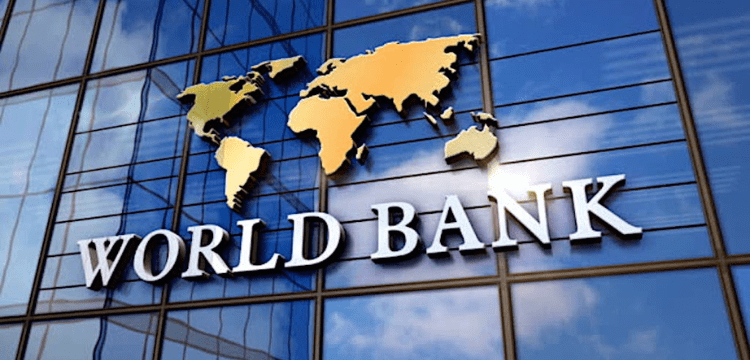[vc_row][vc_column][vc_column_text dp_text_size=”size-4″]ISLAMABAD: The World Bank has redirected $615 million from ongoing, slow-moving projects for the flood-affected areas, money that Pakistan was unable to utilise because of several obstacles to their implementation.
The Washington-based lender announced this week that it would provide $2 billion to relief, rehabilitation, and reconstruction efforts in the flood-affected areas during the Climate Resilient Pakistan Conference in Geneva. The World Bank had already approved projects, so the money wasn’t really fresh; instead, it was taken from slower-moving projects that the lender was considering cancelling loans for.
$615 million was removed from projects that had already been approved but were experiencing delays in implementation from the $2 billion in promises that the World Bank had revealed at the Geneva meeting.
Martin Raiser, vice president of the World Bank for the South Asia Region, had also emphasised this fact at the Geneva Conference. He had said that $357 million from the current portfolio was repurposed for immediate relief, including cash transfers, the purchase of tents and other essential necessities, as well as minor urgent rehabilitation activities.
Additionally, Raiser informed the group of lenders and contributors that an additional $258 million was raised from ongoing projects for rehabilitation, bringing the total amount of repurposed monies to $615 million.
Additionally, the WB had authorised $1.3 billion worth of initiatives on December 19, 2022, to aid in the recovery, rehabilitation, and reconstruction phase. These actions, some of which were planned according to emergency protocols, were in line with the objectives and guiding ideas of the government’s framework for resilient recovery, rehabilitation, and reconstruction, or “4RF.” Pakistan received pledges of $9.7 billion during the Geneva meeting, including $2 billion that the World Bank had already provided in various forms.
Shehbaz Sharif, the prime minister, declared during a news conference at his home following his return from Geneva that the commitments exceeded government expectations and that if he had revealed the very low internal expectations, people could have gone crazy. Over 90% of the total pledged funds were in the form of loans, according to Finance Minister Ishaq Dar, the Finance Minister Ishaq Dar, the Finance Minister of Finance Ishaq Dar said that loans
According to Raiser, the WB also intends to approve a number of new projects in Punjab, Khyber-Pakhtunkhwa, and Baluchistan that would bring more funding to support the restoration of the entire nation’s devastated districts.
The World Bank first declared in September of last year that it would contribute $2 billion to flood-related projects. In December, a month before the Geneva conference, it authorised projects totaling $1.3 billion. The World Bank had identified at least nine problematic projects in August of last year that may have faced loan cancellations totaling more than $730 million, including $400 million in concessionary funding. Due to the underwhelming performance of Pakistani authorities, several projects were cancelled.
Due to the underwhelming performance of the Pakistani government at the time, several in the Ministry of Economic Affairs had asserted that they would not permit the WB to repurpose the current portfolio without realising that the lender held the lever.
It was acknowledged that $615 million had already been taken from the projects that were running late. The termination of IDA credit was viewed as a severe issue since, although having the financial wherewithal, governments frequently lobbied for access to the more affordable long-term loans.
The World Bank is providing $13 billion in funding for 54 projects in Pakistan, including IDA and IBRD loans. However, as of last year, 67% of the portfolio was still unpaid, compared to 61% for government projects. Foreign-funded projects had a history of running late and frequent restructuring because of difficulties with implementation.
There were delays in a number of projects, including the Punjab Sustainable Rural Water Supply and Sanitation Scheme, the Punjab Resource Improvement and Digital Effectiveness, the Higher Education Development Project, the Punjab Agriculture and Rural Transformation Programme, the National Transmission Modernization Project, the Pakistan Hydromet and Climate Services Project, and the Khyber-Pakhtunkhwa Economic Corridor project. Losing more affordable project finance was wrong, especially since there wasn’t much time left because of the heavy reliance on budget assistance loans.
According to a recent report released by the Economic Affairs Ministry, Pakistan signed new agreements worth $15.7 billion during the most recent fiscal year 2021–2022 with 62% of those being for budget support and increasing foreign exchange reserves. These commitments were made through multilateral and bilateral development partners, time deposits from Saudi Arabia, and Eurobonds. According to the government, just 16% of funding came through projects, and the remaining 14% came from finance for commodities.
[/vc_column_text][/vc_column][/vc_row]











